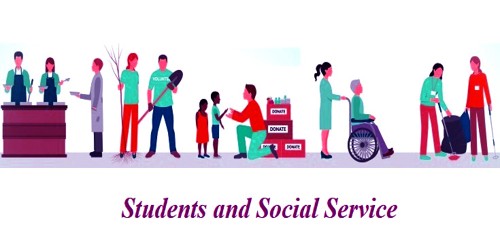Short Messaging Service (SMS) Culture
There is no doubt that the Short Messaging Service (SMS) is the most popular means of communication today. Text or SMS messaging is a very controversial subject in our society, possibly even in other cultures. Youths are the heaviest users. Some people even believe that sending of SMS has become an addiction among them. Text messaging has definitely made a tremendous impact on our society, both positively and negatively.
Unlike in the past, people had to arrange an outing beforehand. With SMS, this is no longer needed as it is instantaneous. People are now no longer as difficult to reach as before. Users do not have to arrange for meetings or activities much earlier. Now, they just have to send an SMS to their friends. The message will inform their friends of the meeting, time and place of the meeting. SMS is also a convenient way for deaf and hearing-impaired people to communicate.
There is a gap between the older and younger generations of our culture. As it is so prevalent among youths, there are bound to be many repercussions on them. The younger generations communicate mainly through text messaging and the web which leads to a lack of verbal and face to face communication skills. This is particularly so in the use of language. It is the norm to use short forms in typing an SMS text. Spelling out the entire word or sentence would take up more space. More words increase the cost of sending. Hence short-forms and abbreviations are often used.
It is often less time-consuming to send a text message than to make a phone call or send an e-mail. Sending messages like “See you tonight at 8.30 p.m.” could be replaced by “c u tonite, 830”. In this respect, SMS can have a negative effect on language. Students make use of too many short-forms. Some even carry on with the usage of short-forms in their daily school work and essay answers.
Many youths are addicted to sending or receiving SMS texts. A survey disclosed that some send about fifty or even more every day. The advantage of this method is that your friend’s cell phone doesn’t have to be active or in range for you to send a message. This incurs high expenses on the phone bill. Despite these disadvantages, SMS is here to stay. This is due to its benefits of cost, convenience and saving time. It has definitely become a culture among the old and young alike. The possibilities for integrating SMS into your lifestyle seem endless.
















